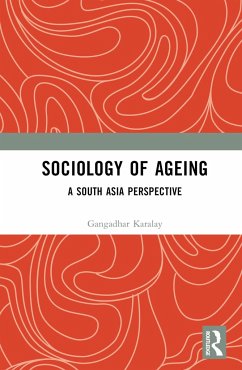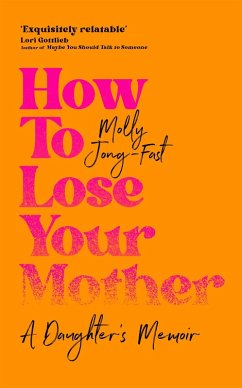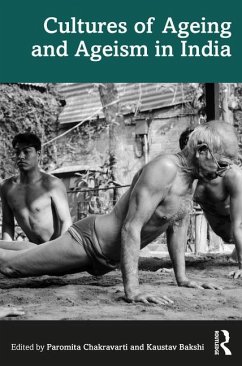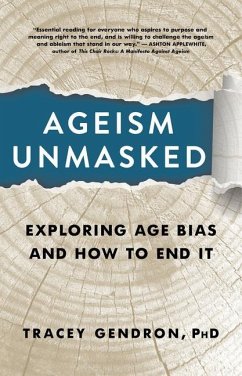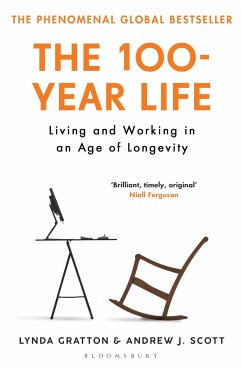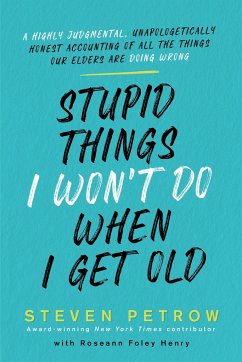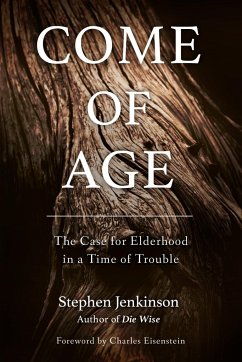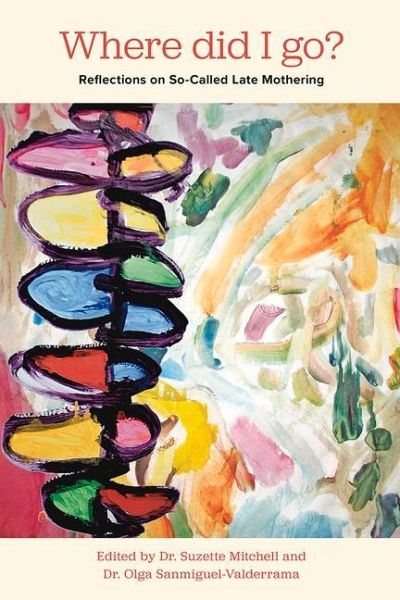
Where Did I Go?
Reflections on So-Called Late Mothering
Versandkostenfrei!
Versandfertig in 2-4 Wochen
43,99 €
inkl. MwSt.

PAYBACK Punkte
22 °P sammeln!
"Women are having children later in life, out of choice and also aided by improved reproductive technologies. Women are also more educated than at any other time in history, with the last generation seeing women's professional careers not as unusual, but as the norm for university educated women. This generation of tertiary educated mothers has grown up with a clear articulation of feminism, although shifts in the intra-household gendered division of labour have been more limited than hoped for. These mothers represent a generational shift in modern times and constitute a significant new demog...
"Women are having children later in life, out of choice and also aided by improved reproductive technologies. Women are also more educated than at any other time in history, with the last generation seeing women's professional careers not as unusual, but as the norm for university educated women. This generation of tertiary educated mothers has grown up with a clear articulation of feminism, although shifts in the intra-household gendered division of labour have been more limited than hoped for. These mothers represent a generational shift in modern times and constitute a significant new demographic that cannot be ignored. For high achieving university educated women with vocational positions of authority and respect, the emotional and psychological shift entailed in dealing with the myriad demands of a child and often mundane aspects of motherhood can be overwhelming. These women are used to managing complex and highly technical issues in the workplace, yet none of these skills prepare them for motherhood which requires patience, a need to let go of control and for some a staggering conflict of personal identities and roles. Coming to terms with this new identity requires a rethinking of who they are as an individual in a society which offers few role models who have come forward being honest on the personal side of their struggle. The media does not often reflect their experience or reality as a mother, and in many cases, they have demonized them for "wanting it all" and being selfish. Society does not recognize the stresses and anxiety faced by this high achieving demographic of women. A great deal of productivity is lost from the workforce from the skills and expertise of these high women who are grappling with unfair burdens, discrimination and societal judgments, and most of all their internal identity crises. This is a major issue and needs to be considered by policy makers, academics, employers and mother's themselves who have little space to analyze their context and share their experience in a feminist economic and personal political framework. This book is a collection of auto-ethnography narratives that provide personal stories and struggles from professional, tertiary educated women who are termed "late mothers." The narratives illustrate their on-the-ground lived experiences and the impact motherhood has on them and those around them, as well as within the workplace and wider society. The mothers in this book include Indigenous women, LGBTIQA+, women with disabilities and those mothering children with disabilities, (im)migrant and expatriate women."--



